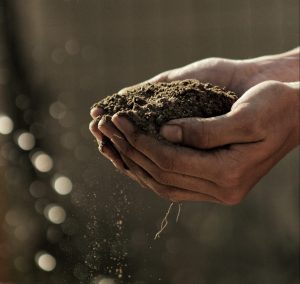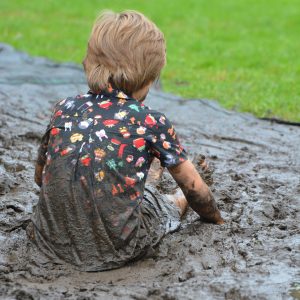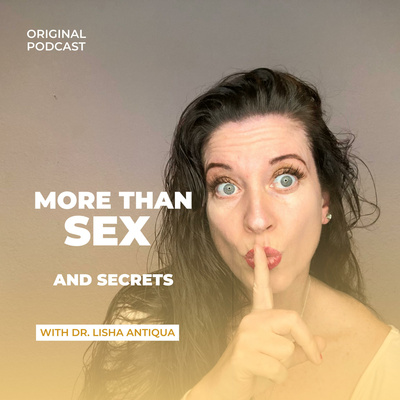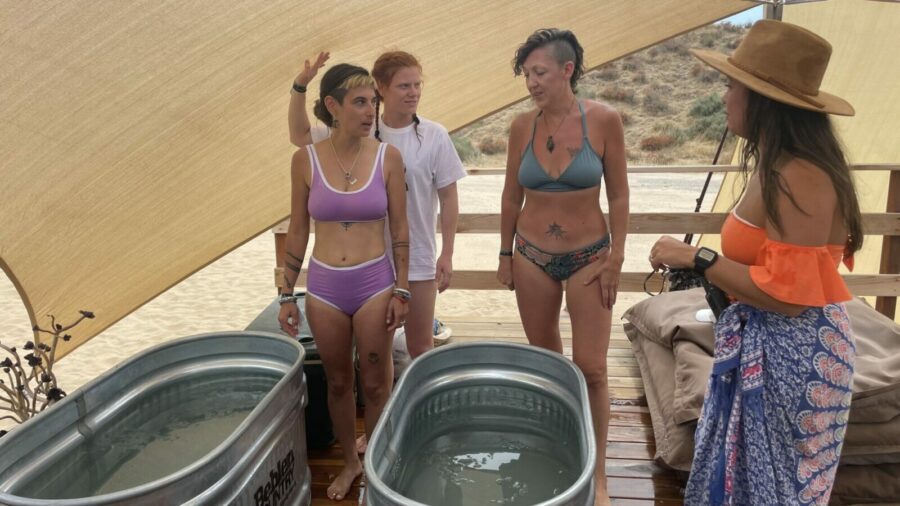The short answer to this question: Yes! the simple act of getting a little dirty can bring a smile to many faces. If you’re not a puppy or a toddler or a die-hard nature lover like myself, you might need a little more convincing. Let me introduce you to the hygiene hypothesis. It suggests that we are seeing a rise in chronic inflammatory diseases due to significant changes in our microbiome. These changes are likely arising from being too cut off from the natural environment. Research also tells us that depression, and likely anxiety, are heavily related to inflammation and therefore fall into this category of diseases. Basically, it’s looking like having a bit of time in the dirt can do some good for you.
There’s a secondary and more refined theory here called the “Old Friends” hypothesis. Think of it like this: our ancestors grew up with and around bacteria. Before the industrial revolution, humans were in strong connection with other living things, especially bacteria. The idea here is that our immune systems evolved to utilize the support of these bacteria. Now that we spend so much time inside and trying to antibacteralize everything, our bodies and minds are missing this relationship – We miss our old friends. In their absence, our immune systems may have a harder time regulating inflammation on their own.
How does all this work? Well, it turns out there are these little bacteria dudes (or dudettes, I’m sure bacterium have a wide range of identities) who live in the outside world and can actually act on our nervous system in some pretty profound ways. There are numerous varieties, but one of the most intriguing is Mycobacterium vaccae. Essentially, it looks like this little organism can raise your serotonin levels by impacting the same parts of the nervous system affected by antidepressants. Oh, and there’s no need to worry – M. vaccae is non-pathogenic so it won’t make you sick. It’s one of our old friends!
We know that M. vaccae increases activity in mood-regulating serotonin-producing areas of the brain. One of the most impactful studies showed that injecting broken down M. vaccae directly into the windpipes of mice (an equivalent to inhaling) yielded results similar to those of antidepressants. These mice showed increases in serotonin and activity in the same nerves activated by Prozac, as well as performance on  a stress response test similar to mice on actual antidepressants. The really cool thing is that the effects of M. vaccae seem to be long-term and hold the potential to decrease future stress responses and protect against PTSD-type symptoms following super stressful events.
a stress response test similar to mice on actual antidepressants. The really cool thing is that the effects of M. vaccae seem to be long-term and hold the potential to decrease future stress responses and protect against PTSD-type symptoms following super stressful events.
Recent studies have shown that M. vaccae may do this by releasing a lipid that essentially turns off the inflammation cascade once it is taken up by an immune cell. This process can help our bodies not have inflammatory reactions when they don’t need to. With less (unnecessary) inflammation comes less disease. This immunoregulation is vital, and reduction in it, particularly early on in life, can make us more susceptible to developing anxiety and depression from stressful situations we may have otherwise been able to adequately cope with. We are still a long ways away from fully understanding how this wonderful little organism works, but this knowledge is leading some people to wonder if we may someday be able to create a stress vaccine from M. vaccae.
Moral of the story: We need dirt and it CAN make you happy! Our old friends out there seem to be able to do a lot of good for us, especially in the mood department. They can help us by simply being in the air we breathe, in the soil we get our hands into, or even on the pepper you just picked from the garden and didn’t wash before eating. Whether you do it for the vitamin D, the electrical grounding, or the antidepressant bacteria, get outside and put those toes on the earth. They always did say playing in the dirt was good for you.






Love this one! what intriguing thoughts! Yes our lives have become way too antiseptic. You write stuff that is so easy to read and love the “smiley humor”
[…] perspective, we know that plants are generally good for us. Check out my articles on earthing and mycobacterium if you don’t believe me. Plants produce all of the oxygen we need to survive. (Okay, there are […]